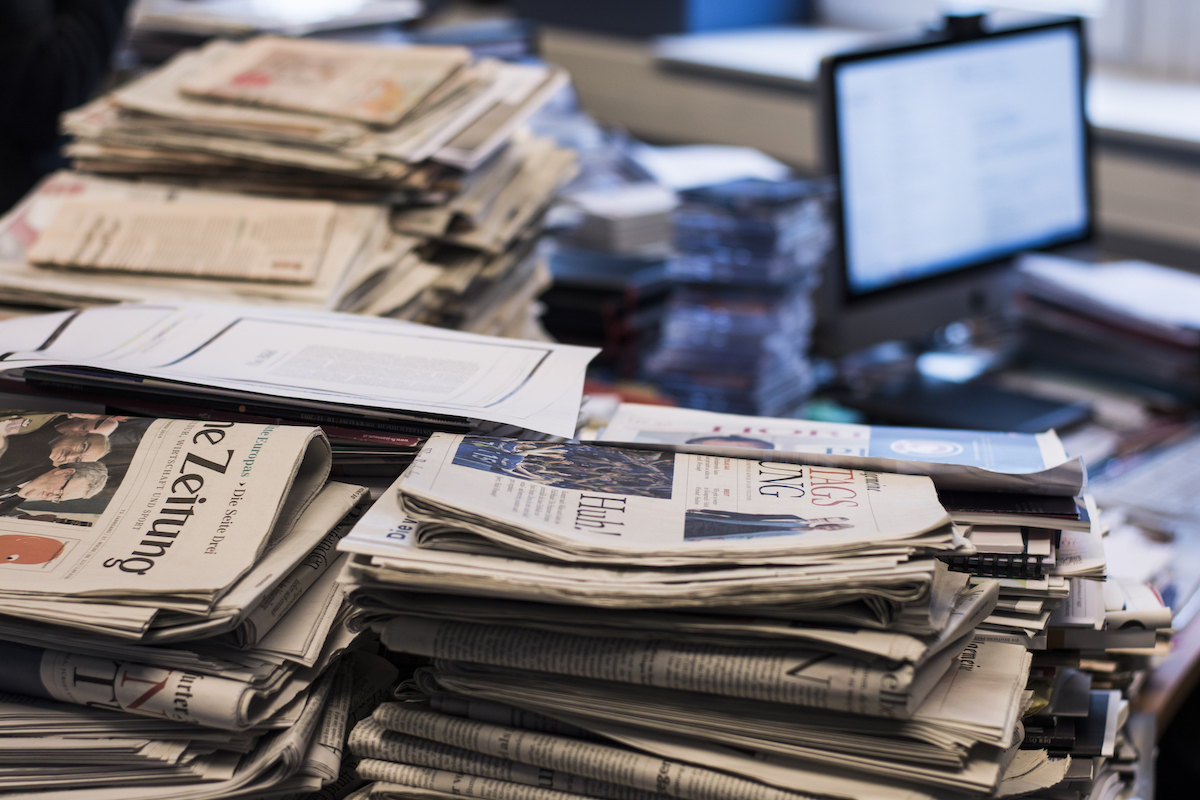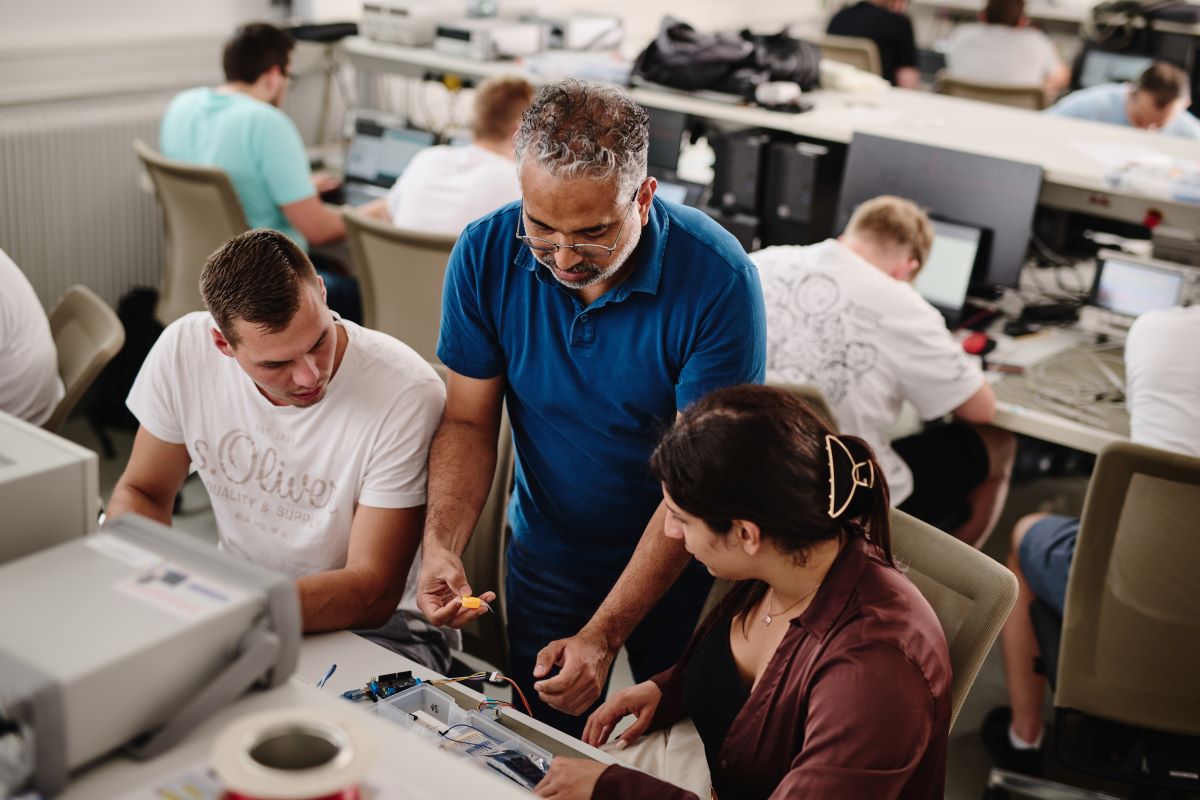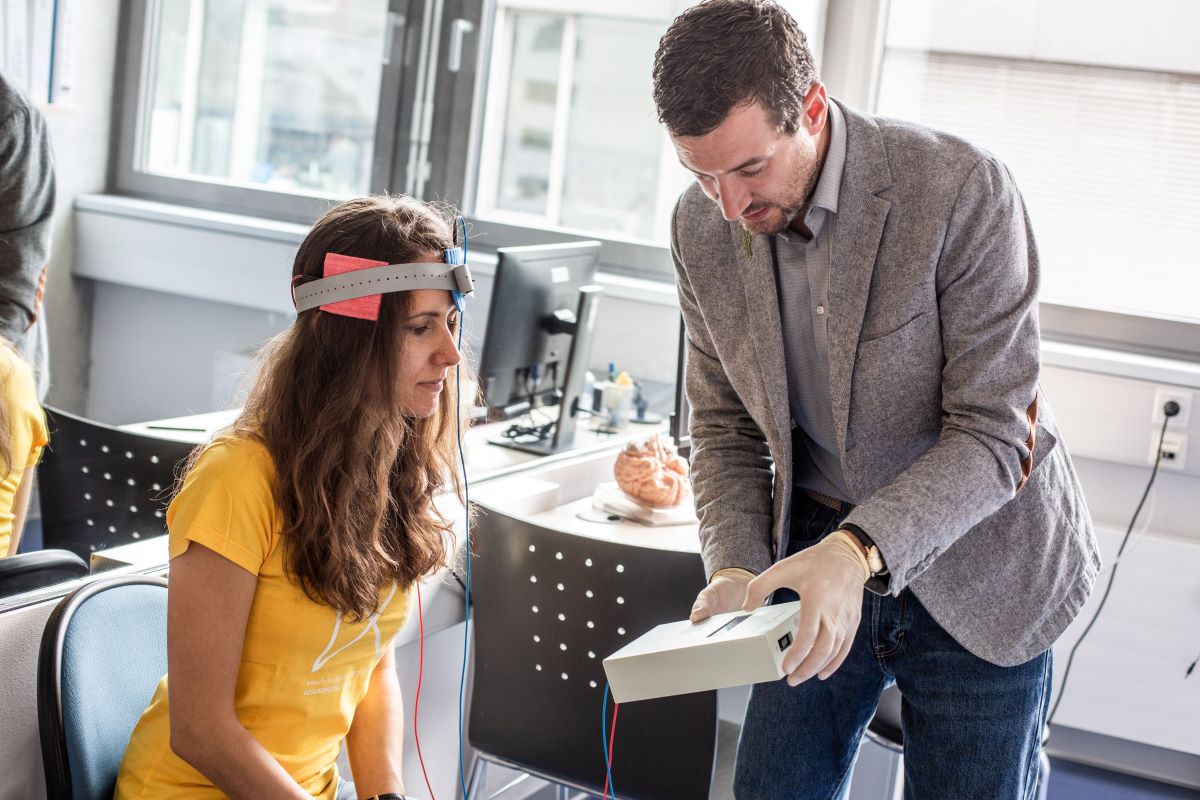The media are one of the most important instruments of democracy. This is the reason for subsidies that are intended to maintain the diversity of the media landscape. In addition to press and journalism funding, cultural and film funding are also part of this media funding. Both the EU and the member states offer extensive funding programs that have been constantly adapted to changing circumstances in recent decades.
An overview of European media funding
European media funding has continuously evolved over the years to meet the changing needs and challenges of the media and cultural landscape. The focus is on supporting distribution and public relations, promoting new technologies, cultural diversity and networking within Europe. In line with the EU’s structural fund periods, support for the audiovisual industry was launched in the years 2001 to 2006 with the MEDIA Plus and MEDIA Training programs and a budget of around EUR 236.4 million. From 2007 to 2013, the MEDIA and CULTURE program focused on this area with a budget of around 1.16 billion euros. This was followed between 2014 and 2020 by Creative Europe with a total budget of around 1.46 billion euros and measures to promote competitiveness and cultural diversity, which currently, i.e. 2021 to 2027, has an impressive budget of around 2.44 billion euros.
Media funding in Austria
Austria also has comprehensive programs to support the media industry. KommAustria, as a sub-organization of RTR-GmbH, and the Austrian Film Institute (ÖFI) are primarily responsible for the administration of these subsidies. The legal basis for these subsidies is laid down in the Press Subsidies Act, the Journalism Subsidies Act, the Film Subsidies Act, the KommAustria Act, the Digital Tax Act, the Media Cooperation and Media Subsidies Act and the Media Cooperation and Subsidies Transparency Act (MedKF-TG).
Press funding includes measures to ensure quality and safeguard the future. From 2024, this will provide funding for the distribution of daily and weekly newspapers as well as special funding to maintain the regional diversity of daily newspapers. With the journalism funding for magazines that primarily deal with political, cultural or ideological topics, such periodical printed works can be funded if certain legal requirements are met. A fund to promote the digital transformation was created in the form of digitization funding. Film funding supports domestic filmmaking through the ÖFI, which provides both structural and individual funding. The Austrian Television Fund promotes the production of television films, series and documentaries with its television film funding.
Transparency plays a central role in the allocation of funding. All funding must be disclosed in accordance with the relevant legal requirements in order to ensure fair and comprehensible distribution. The MedKF-TG has therefore required state institutions and companies to publish their expenditure on media cooperation and funding since 2012.
An example from case law
A concise example from case law illustrates the principles of media funding. On March 15, 2023, the Austrian Supreme Court (OGH) ruled that a daily newspaper that is predominantly distributed free of charge cannot receive press subsidies. According to Section 2 (7) of the Press Subsidies Act, other printed publications that are predominantly produced by the same editorial team are to be counted as part of the main newspaper and are therefore not eligible for separate funding. In this case, the applicant had applied for press subsidies even though the newspaper was predominantly distributed free of charge and had been distributed under a different title since the end of June 2018. KommAustria rejected the subsidy and the Supreme Court confirmed this decision.
Conclusion
Media funding in Europe and Austria is an indispensable instrument for supporting media diversity and strengthening cultural identity. Comprehensive programs and legal frameworks ensure that media companies and creative artists receive the support they need to survive in a dynamic and competitive environment. This contributes significantly to promoting democratic structures and ensuring an informed society.












